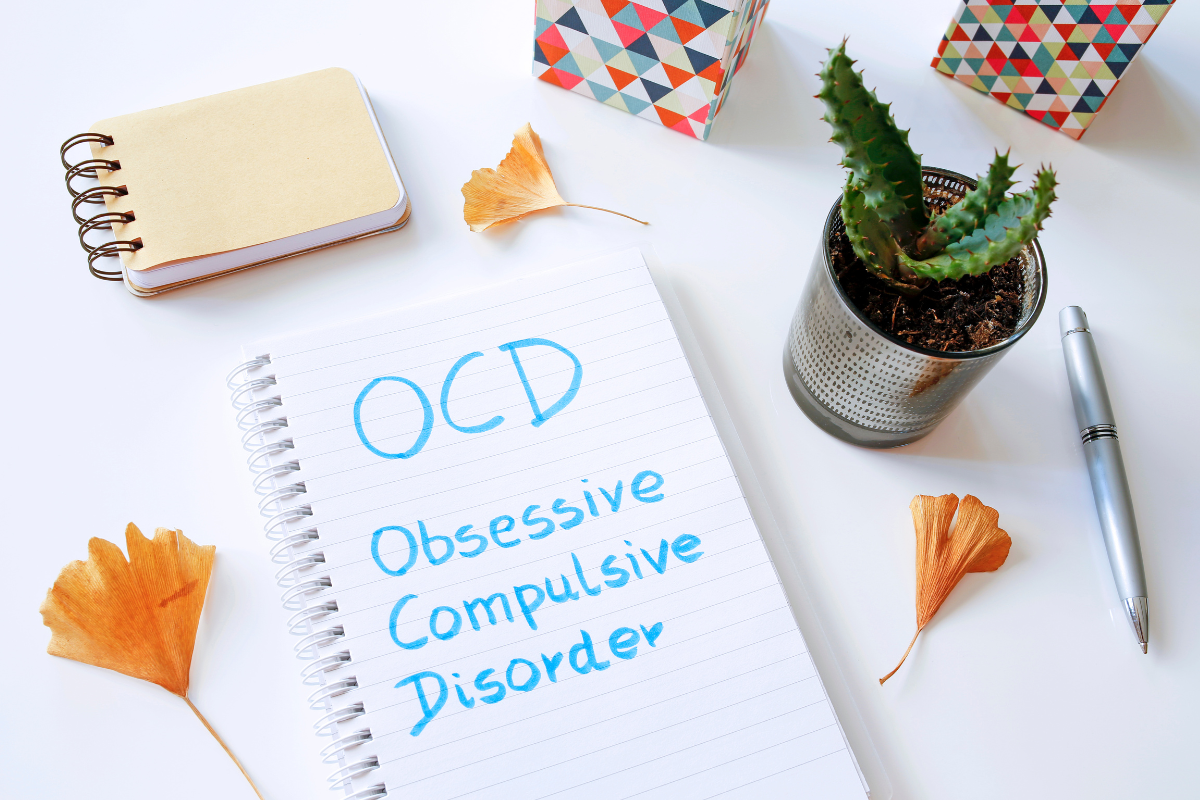Introduction:
What is OCD problem? Obsessive-Compulsive Disorder (OCD) is a chronic mental health condition that affects millions of people worldwide. Characterized by persistent, unwanted thoughts (obsessions) and repetitive behaviors (compulsions), OCD can significantly impact a person’s daily life. While it’s normal to have occasional worries or doubts, OCD causes these thoughts and behaviors to take over, leading to distress and interfering with normal functioning. In this blog, we explore five key insights into what is OCD problem and how it manifests.

What Is OCD Problem?
Obsessive-Compulsive Disorder is a mental health condition where individuals experience recurring, intrusive thoughts or fears (obsessions) that cause anxiety. To relieve this anxiety, they may feel compelled to perform certain actions or behaviors repetitively (compulsions). These compulsions are often irrational or excessive but are carried out to temporarily alleviate the distress caused by the obsessions. For someone with OCD, these cycles of obsession and compulsion can dominate their life, making it difficult to focus on anything else. Understanding what is OCD problem helps individuals seek timely help and treatment.
For those seeking Best Treatment, consider visiting:
Common Obsessions in OCD
Obsessions are intrusive thoughts, images, or urges that trigger distress or anxiety. Some common obsessions include:
- Fear of contamination (e.g., germs or dirt)
- Intrusive thoughts about harm (e.g., causing harm to oneself or others)
- Excessive concern with order, symmetry, or exactness
- Unwanted thoughts of a violent or sexual nature
These obsessions are not merely excessive worries but are uncontrollable and often irrational. They can cause significant emotional distress, illustrating what is OCD problem for those living with the condition.
Common Compulsions in OCD
Compulsions are repetitive behaviors or mental acts that a person feels driven to perform in response to an obsession. Some common compulsions include:
- Excessive hand washing or cleaning
- Repeatedly checking doors, locks, or appliances
- Counting or repeating words silently
- Arranging objects in a particular order or symmetry
These compulsions provide temporary relief but do not address the root cause of the anxiety. Over time, they can become time-consuming and interfere with a person’s ability to function in their daily life, further highlighting what is OCD problem for those affected.
The Impact of OCD on Daily Life
OCD can be a highly disruptive condition, affecting every aspect of an individual’s life, from work and school performance to relationships. The compulsive behaviors can take up hours of a person’s day, leaving little time for other activities. This can lead to feelings of frustration, isolation, and even depression. It is also common for individuals with OCD to avoid situations or places that might trigger their obsessions, further limiting their quality of life. Understanding what is OCD problem is crucial in helping individuals seek effective interventions. For more info visit World Health Organization (WHO) – Mental Disorders
OCD in Children and Adolescents
OCD is not limited to adults; it can also affect children and adolescents. Early diagnosis and treatment are essential in helping young people manage their symptoms before they become more ingrained. Children may not always understand their obsessions or compulsions, making it difficult for them to express their feelings. Parents and educators should be aware of the signs of OCD, such as excessive washing, checking, or organizing, to provide timely support and understand what is OCD problem from a younger perspective.
Seeking Help for OCD
It is important to recognize that OCD is a treatable condition. Many individuals with OCD benefit from Cognitive Behavioral Therapy (CBT), specifically a type called Exposure and Response Prevention (ERP), which helps individuals confront their fears without engaging in compulsions. It’s crucial for anyone experiencing symptoms of OCD to seek help from a licensed mental health professional who can offer a proper diagnosis and treatment plan. Being aware of what is OCD problem can help people recognize symptoms early and seek effective treatment. For more information on OCD Visit National Institute of Mental Health (NIMH) – Obsessive-Compulsive Disorder
Conclusion
Understanding what is OCD problem and how it affects individuals is the first step toward reducing the stigma surrounding mental health conditions. With proper support and treatment, those living with OCD can lead fulfilling and productive lives. If you or someone you know is struggling with OCD, don’t hesitate to reach out for help. The sooner treatment begins, the better the chances of managing symptoms effectively.
You can visit our more Blogs on:

